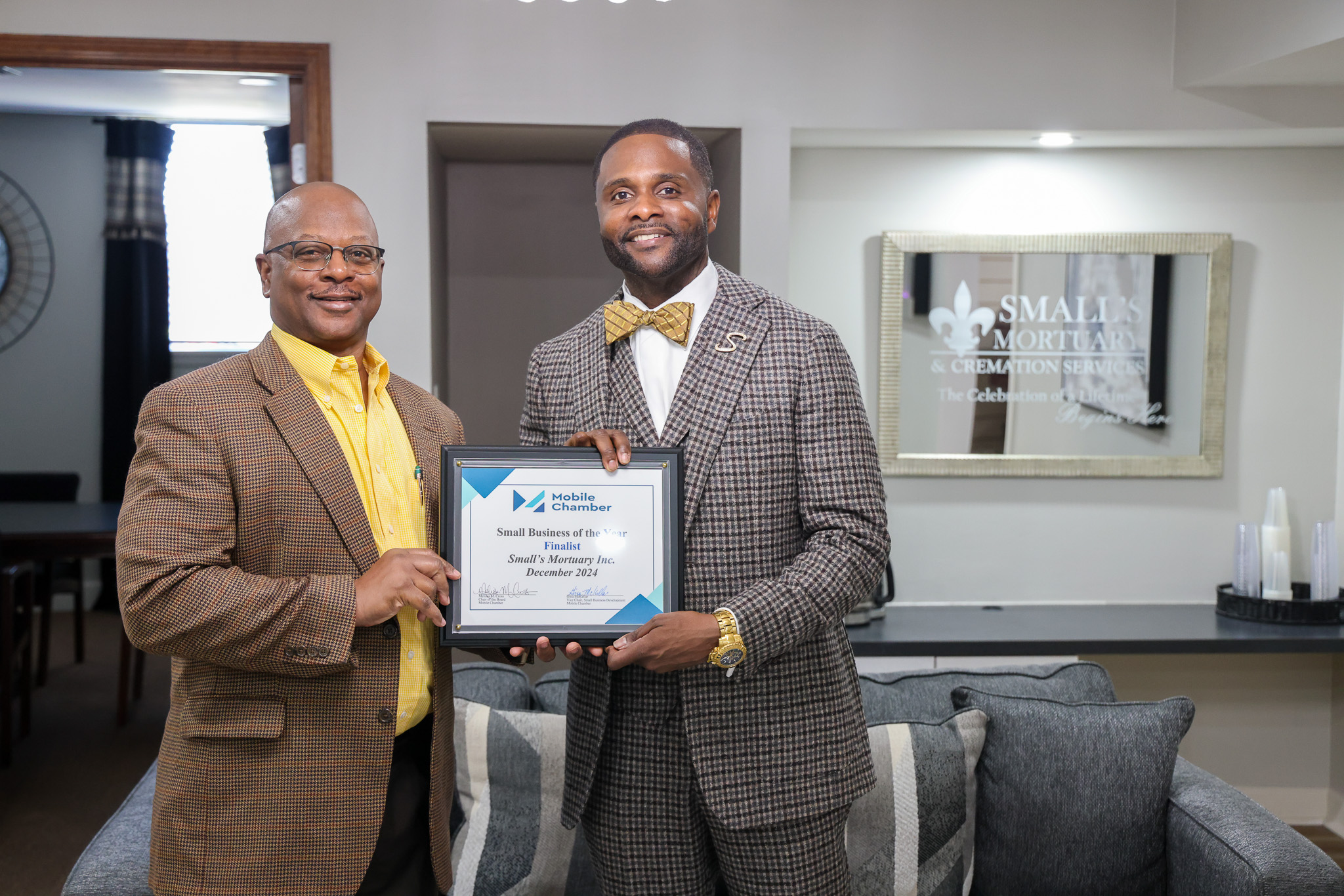USA Researcher Jonathan Audia earns new national grant
Learning more about the pathogenesis of highly antibiotic-resistant bacteria that cause pneumonia and sepsis in critically ill patients is the goal of new research being conducted by scientists at the Whiddon College of Medicine.
The National Institutes of Health (NIH) recently awarded a two-year, $400,400 grant to Jonathon P. Audia, Ph.D., a professor of microbiology and immunology, to study the virulence of P. aeruginosa, which is the most frequent Gram-negative, opportunistic pathogen causing pneumonia in patients who have chronic lung disease, are older and/or immunocompromised.
That same pathogen, P. aeruginosa, is also common in critically ill patients hospitalized with respiratory failure in intensive care units.
Coincidence? That is something Audia and other investigators would like to find out.
Importantly, Audia said, strains of the P. aeruginosa pathogen expressing what is known as the ExoU virulence factor, are associated with the highest levels of patient morbidity and mortality.
“We have discovered that ExoU triggers unscheduled inflammatory cell death in lung endothelial cells by activating an innate immune signaling complex known as the inflammasome,” he said. A main goal of the new study is to determine the mechanisms underlying ExoU-mediated inflammation.
The scientists also want to further study how other bacterial infections in the lungs interact with endothelial cells to elicit inflammatory damage.
Previous research has led them to this point. “We discovered that when the bacteria interact with endothelial cells,” Audia said, “it triggers a massive inflammatory response.”
Amanda N. Tuckey, a Ph.D. candidate in the Audia laboratory, was a co-author on the previous work and will continue to move these newly funded studies forward.
“The broader impact,” said Audia, “is potentially identifying a novel target for the development of therapeutics against the bacteria and understanding the impact of infection of the host immune or inflammatory response, which may ultimately lead to a better understanding of why some patients suffer from long-term consequences.”
Mikhail Alexeyev, Ph.D., an associate professor of physiology and cell biology at the Whiddon College of Medicine, is also a collaborator on the work. “His renowned expertise in the molecular biology and genetic manipulation of cultured lung endothelial cells is an essential component of the project,” Audia said, “and will help to create new tools that can be used to develop a better understanding of endothelial inflammatory responses.”

Stay Connected
Fill out and submit the form below to get regular updates from Mobile Chamber delivered directly to your inbox.






